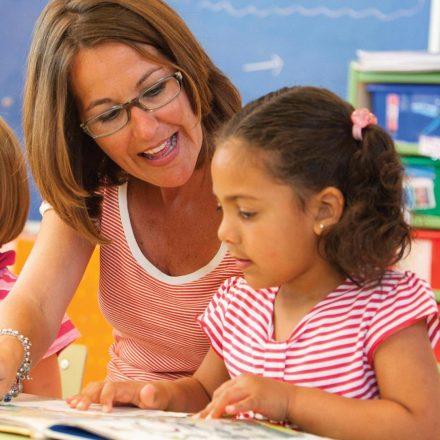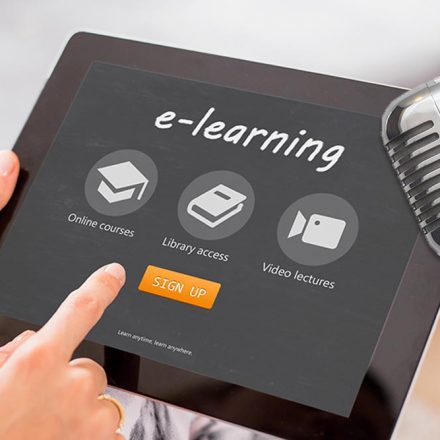
The Elegant Evolution of Learning: Cultivating Minds in a Changing World
Introduction: Learning as a Human Imperative
Learning is neither a luxury nor a finite activity; it is a lifelong, indispensable pursuit. From the moment we begin to perceive the world, we are learning—through touch, sound, observation, and eventually, through language and experience. It is this process that allows us not only to survive but to thrive. Far beyond academic achievement or professional competence, learning shapes our identity, informs our choices, and fuels our growth as individuals and communities.
In today’s fast-paced, digitally-driven society, the value of learning is more pronounced than ever. As knowledge continues to evolve at unprecedented speeds, our ability to adapt, rethink, and grow becomes not merely beneficial but essential. But what does it mean to truly learn, and how has our understanding of learning itself changed over time?
The Foundations of Learning: More Than Just Information
To reduce learning to the mere accumulation of facts is to underestimate its depth. True learning is an active, often transformative, process. It is the ability to:
-
Comprehend new ideas
-
Challenge existing beliefs
-
Apply knowledge to unfamiliar situations
-
Develop empathy and emotional intelligence
-
Solve problems through critical thinking
Historically, learning was largely formal and confined to institutions. It was hierarchical, often elitist, and focused heavily on rote memorization. However, modern educational theory and cognitive science have illuminated the many forms and contexts in which learning can—and should—occur.
Learning Across Life Stages
One of the most profound shifts in recent decades is the recognition that learning is a lifelong endeavor. Each stage of life brings its own context, needs, and modes of understanding.
Early Childhood: The Foundation
During early childhood, learning occurs at an astonishing pace. The brain is highly plastic, absorbing language, behavior, and sensory experiences rapidly. At this stage:
-
Play-based learning is crucial for cognitive and emotional development.
-
Social interaction fosters communication skills and empathy.
-
Exploration nurtures curiosity and creativity.
Adolescence and Young Adulthood: Identity and Exploration
As individuals grow, learning becomes more intentional. Adolescents begin to form opinions, challenge norms, and seek autonomy.
-
Formal education often dominates this stage, focusing on academic and vocational skills.
-
Experiential learning, such as travel, internships, and volunteer work, helps solidify identity and direction.
Adulthood: Adaptation and Mastery
For adults, learning is driven more by purpose than obligation. Career demands, personal interests, and life transitions shape how and what we learn.
-
Professional development ensures relevance in a changing job market.
-
Personal enrichment—learning a new language, studying art, or exploring philosophy—contributes to a fulfilling life.
Later Life: Reflection and Legacy
Contrary to outdated notions, learning doesn’t cease with age. In fact, engaging in cognitive activities later in life can improve memory, delay cognitive decline, and provide a deep sense of purpose.
The Digital Renaissance: Learning in the Information Age
Technology has radically transformed the landscape of learning. Knowledge is no longer the preserve of classrooms and libraries—it is at our fingertips, 24/7.
Advantages of Digital Learning:
-
Accessibility: Online courses, podcasts, and digital libraries make learning available to people worldwide.
-
Personalization: Adaptive learning platforms cater to individual pace and style.
-
Interactivity: Gamified education, virtual reality, and forums enhance engagement.
However, this abundance comes with challenges:
-
Information overload can make it difficult to discern credible sources.
-
Superficial learning may replace deep understanding if users prioritize speed over comprehension.
Thus, digital fluency—knowing how to learn, not just what to learn—has become a vital skill.
The Role of Curiosity and Emotional Intelligence
At the heart of every meaningful learning experience lies curiosity. It is the spark that ignites inquiry and sustains motivation. But curiosity alone is not enough. Emotional intelligence—self-awareness, empathy, and resilience—plays an equally significant role.
-
Curiosity drives us to explore, ask questions, and remain open-minded.
-
Emotional intelligence helps us interpret new knowledge within social and ethical frameworks.
These qualities cannot be taught through textbooks alone. They must be nurtured through dialogue, reflection, and real-world engagement.
Cultivating a Culture of Learning
To truly elevate society, we must move beyond individual learning and strive to create communities that value and support continuous growth.
Key Pillars of a Learning Culture:
-
Openness to Change: Encouraging experimentation and innovation
-
Respect for Diversity: Recognizing varied perspectives as assets
-
Commitment to Equity: Making education accessible and inclusive for all
-
Mentorship and Collaboration: Promoting intergenerational and cross-disciplinary learning
When learning is embedded in culture, it becomes not a duty but a shared joy.
The Future of Learning: Imagination Meets Innovation
As we look ahead, the future of learning is both exciting and uncertain. Artificial intelligence, neuroscience, and global connectivity are poised to reshape how we learn in ways we can barely imagine. Yet, the core purpose remains timeless: to understand ourselves, one another, and the world we inhabit.
The most enduring forms of learning will not be those rooted in fleeting trends, but those that empower individuals to think critically, adapt gracefully, and act ethically.
Conclusion: The Art of Becoming
Learning is not merely a process; it is an art—a slow and beautiful unfolding of human potential. It challenges, refines, and transforms us. It allows us to imagine new possibilities and equips us with the tools to bring them into reality.
In an age that prizes efficiency and immediacy, we must remember that the most profound learning is often slow, subtle, and deeply personal. To be a lifelong learner is not to chase credentials but to embrace the constant, courageous journey of becoming more fully oneself.
The world will continue to change. But those who learn with intention, curiosity, and humility will not only keep pace—they will lead.





